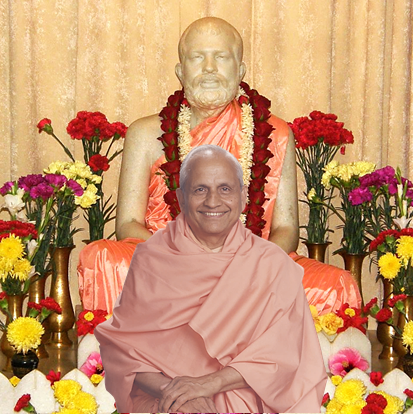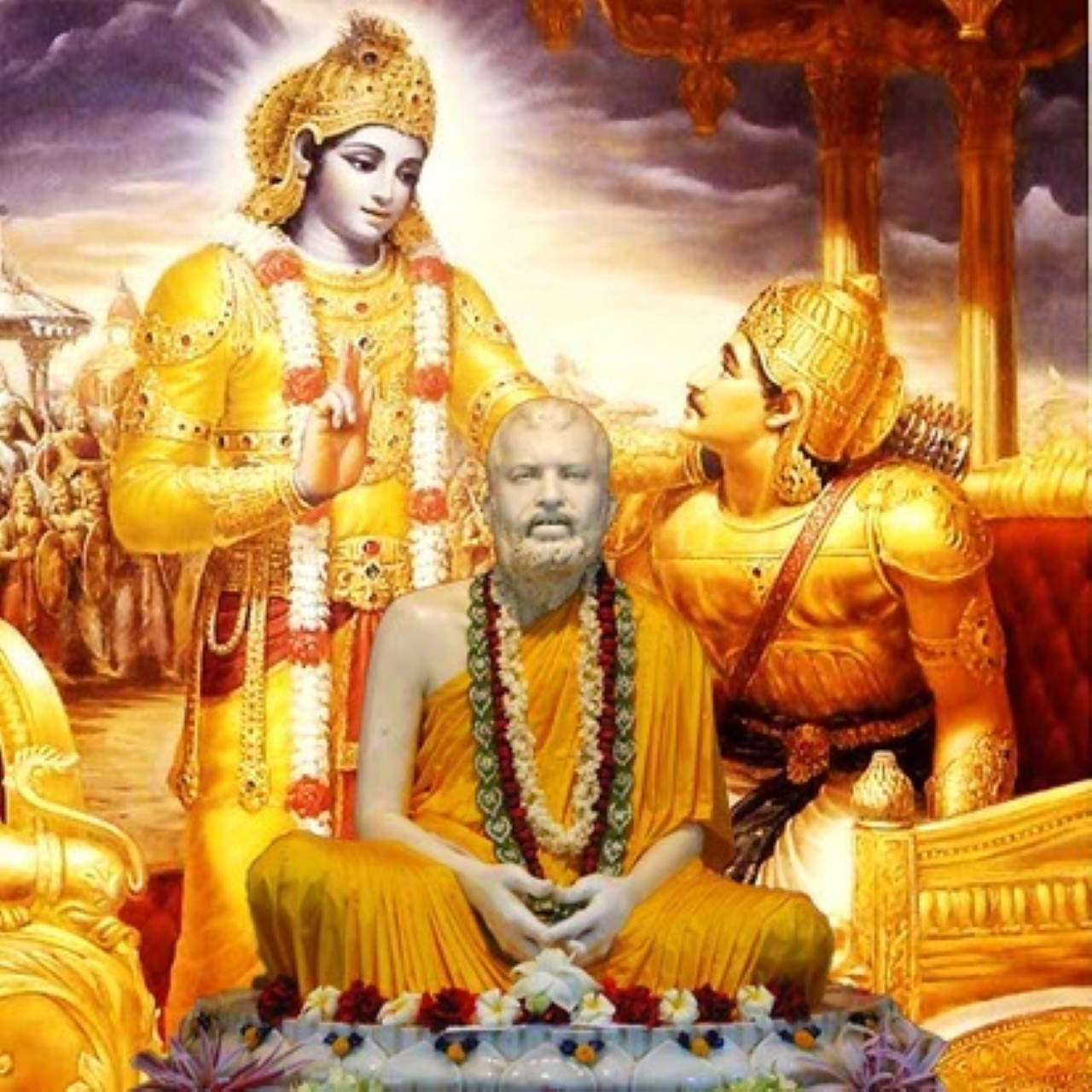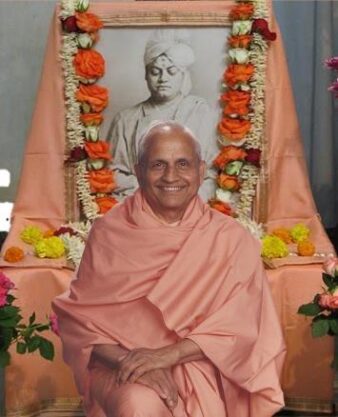Meditation and Spiritual Life -4

CHAPTER 32
THE ATTAINMENT OF REAL
FREEDOM IN THIS LIFE
The Ideal of Spiritual Freedom
A man called at a pastor’s home. He was met at the door by the pastor’s little daughter. ‘Daddy is not home’, she told him. Then with a smile of confidence she added: ‘But if you want to ask any question about salvation, I can tell you all about it. I know the whole plan of salvation.’
Salvation is not something one gets by talking. It is much deeper than most people think. It is concerned with the real nature of the soul and its ultimate destiny. Every religion has its own concept of salvation, but all of them agree that it is a state of perfect happiness which the soul attains to after death. (Swami Yatiswarananda, ‘The type of Salvation We want’ in the Adventures in Religious Life) The question is, how to attain to the blessed state. According to Judaism, it can be obtained by leading a perfectly moral life. To this Christianity adds the clause: provided, one has faith in Christ as the only Savior. It believes that through his death Christ redeemed mankind from the taint of original sin. Islam rejects this view. According to it salvation is entirely God’s fiat, and faith in the final prophethood of Mohammed is absolutely essential to receive it. Hinduism holds that salvation means mukti or freedom. The search for freedom is an important factor in human life.

